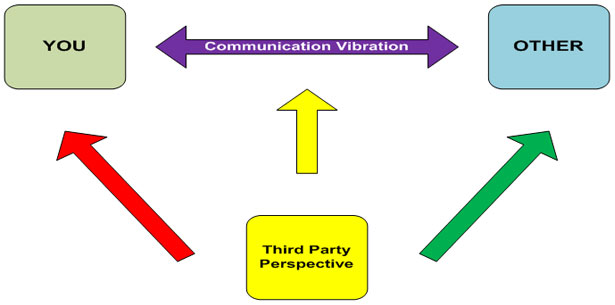
When you ask someone how things are going, how often do you hear “Super” or “Great” or “Really Well”? If your experience is like mine, the answer is “sort of”. Because there is usually one word that follows “Super” or “Really” and that is “Busy”, as well as “Insanely Busy” or “Ridiculously Busy”. Are we actually that busy? For many people the answer is sadly, yes.
We fill our time with work, exercise, errands and other duties and leave very little time for contemplation, reflection or just plain old pondering. Take for example the very attractive couple at dinner I saw recently, both looking intently at their smartphones rather than conversing… or the 18 year old son of a golf partner was very intent on looking at his phone prior to stepping up to the tee box on almost every hole. And this was on a gorgeous Saturday morning at 9am! Now, all of them might have had important things to keep track of, but none of them was in the moment in what should have been wonderful surroundings.
In a recent NYT article entitled No Time To Think, Kate Murphy mentioned that a psychology professor at the University of Virginia, Timothy Wilson, conducted 11 experiments involving more than 700 people, and found that the majority of participants reported that they found it unpleasant to be alone in a room with their own thoughts for just 6 to 15 minutes. It didn’t matter if they were doing this at home or in the laboratory, they just didn’t like “being in their own heads”.
One of Murphy’s suggestions was that one of the reasons we don’t like to be in our own heads is that very frequently it is the problems we are confronting in life that seem to come to the forefront. In a society “which values doing more than thinking and believes answers are in the palm of your hand rather than in your own head”, is it any wonder that we avoid the deliberate processes of reflection or contemplation? If we see ourselves as active problem-solvers, we tend to devalue the process of playing “what if”. This evading or deferment of dealing with such challenges by engaging in extreme busyness, actually can make these problems worse over time due to this conscious neglect.
In some regards, it seems to me that this is often a generational issue. My twenty-something children could never seem to understand why I didn’t have music blasting in my ears wherever I went. But I actually like to be in my own head and often find random but significant insights crop up on long walks. I often carry a small pocket recorder to capture many of these ideas. But as my kids point out, I am a dinosaur.
Murphy also mentions that lack of reflection can impair your ability to empathize with others. She quotes Giancarlo DiMaggio of the Center for Metacognitive Interpersonal Therapy in Rome:
The more in touch with my own feelings and experiences, the richer and more accurate are my guesses of what passes through another person’s mind. Feeling what you feel is an ability that atrophies if you don’t use it.
There is a significant correlation between empathy and success as an executive. Your ability to understand the needs or issues of someone you are communicating or negotiating with will only enhance the quality of that communication and your ability to create win-win outcomes.
To effectively take advantage of what empathy can do for you in making your communications more effective, step back after a challenging conversation and contemplate what happened according to this diagram:

Imagine you were on the outside looking in, watching the interaction between you and someone else, taking the third party perspective. Granted, this is hard to do because we are biased in our perspective, but truly empathic people can develop this emotional intelligence skill. There was a “Communication Vibration” that occurred between you and the other person – a combination of the words, the vocal expression and the non-verbals between you. In any important interaction, it will always be helpful to ask yourself:
- What was accomplished with this communication?
- Do either of us feel good about this interaction?
- Did I feel like I not only heard what they said, but have a good feel for why it is important to them? That does NOT mean you Agree, just Understand.
- Do I feel they heard and understood me?
- If a stranger had listened to us speaking, what would they think about the quality and effectiveness of our relationship?
Now, you will NEVER get to this critical reflection if you can’t put down your phone or won’t take the time (even just 90 seconds). Don’t allow yourself to be too busy to think!
I look forward to your thoughts and comments. Please share your experiences or ideas with us all in the comments section below.



Leave a Reply